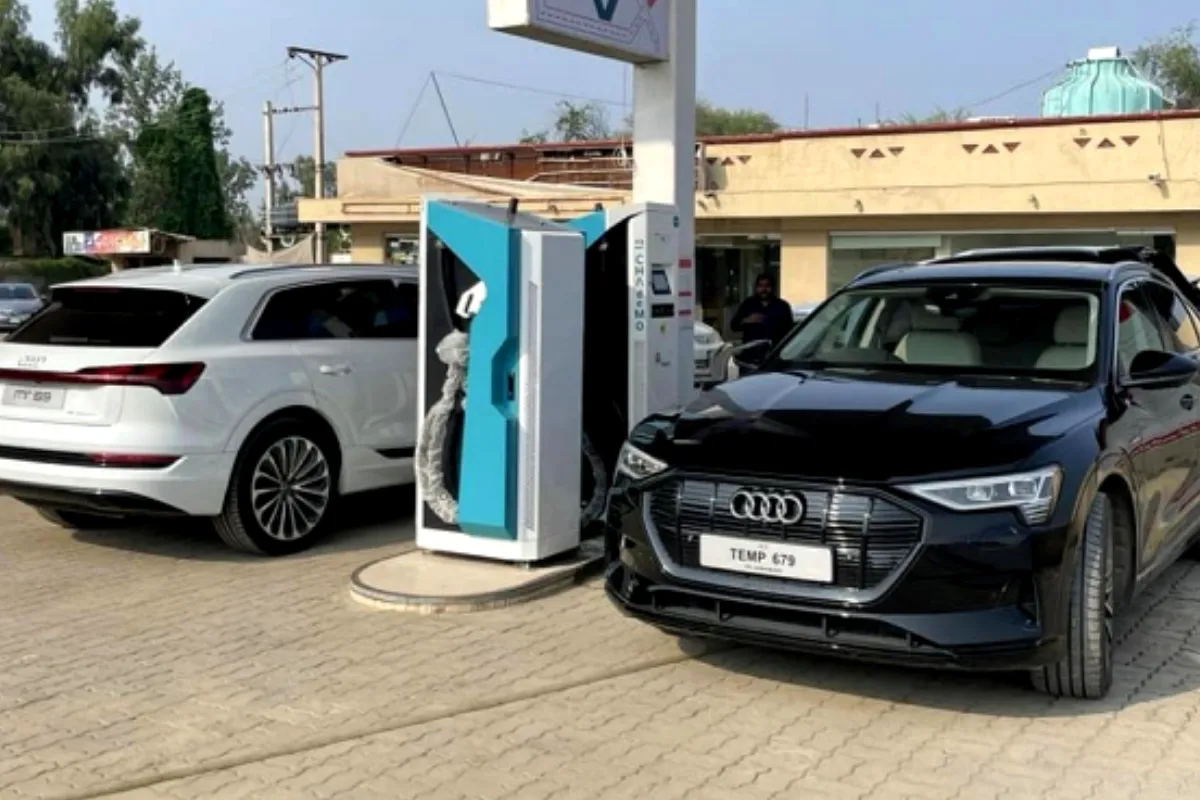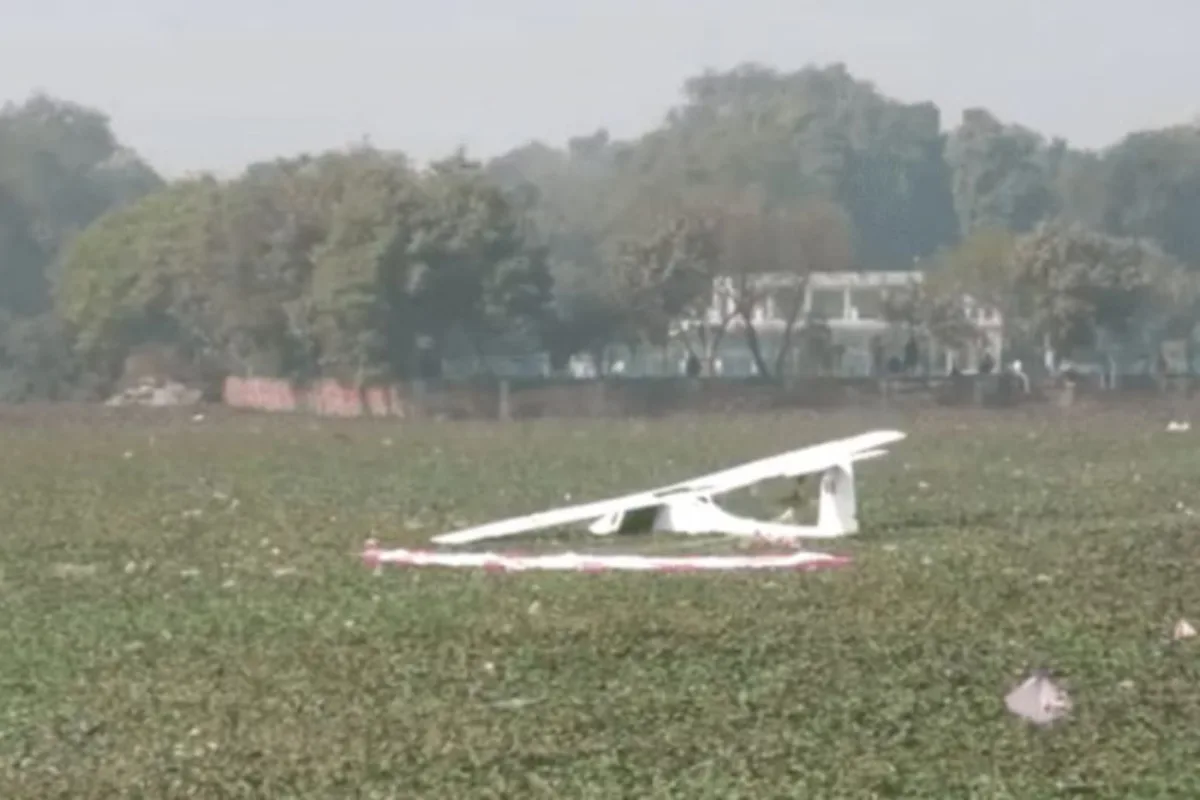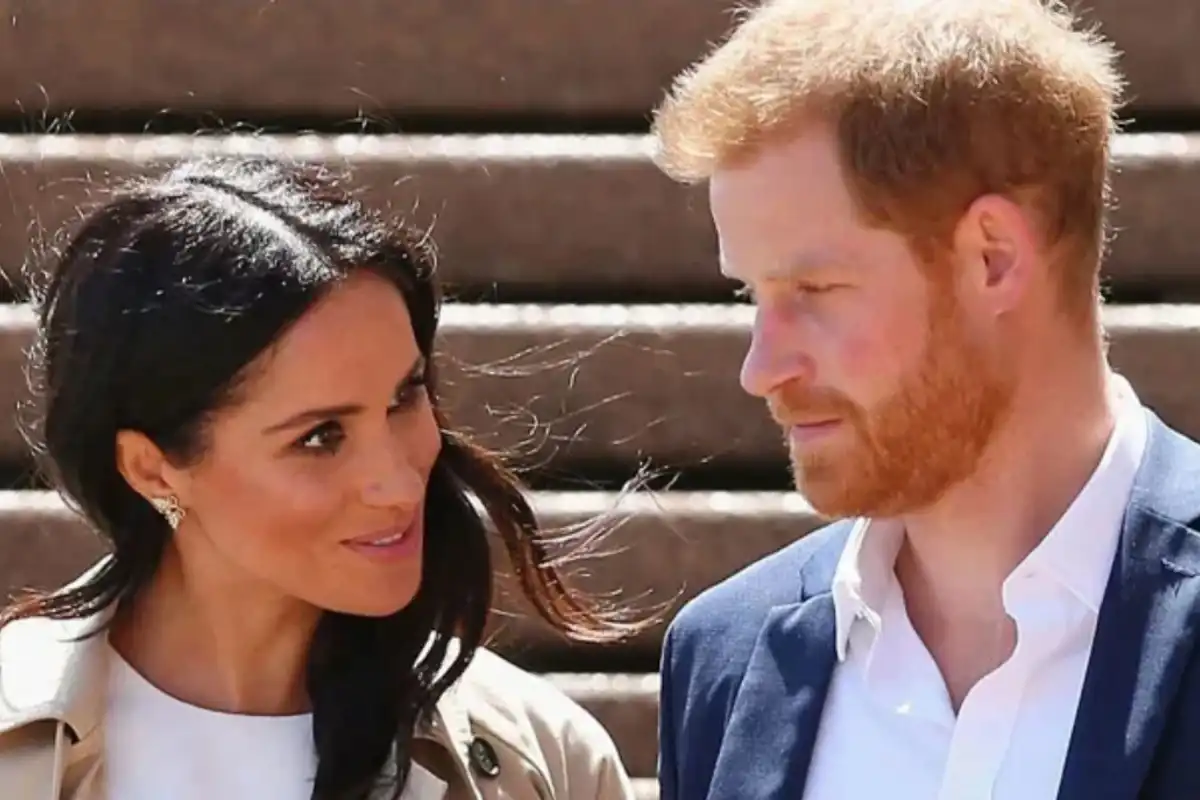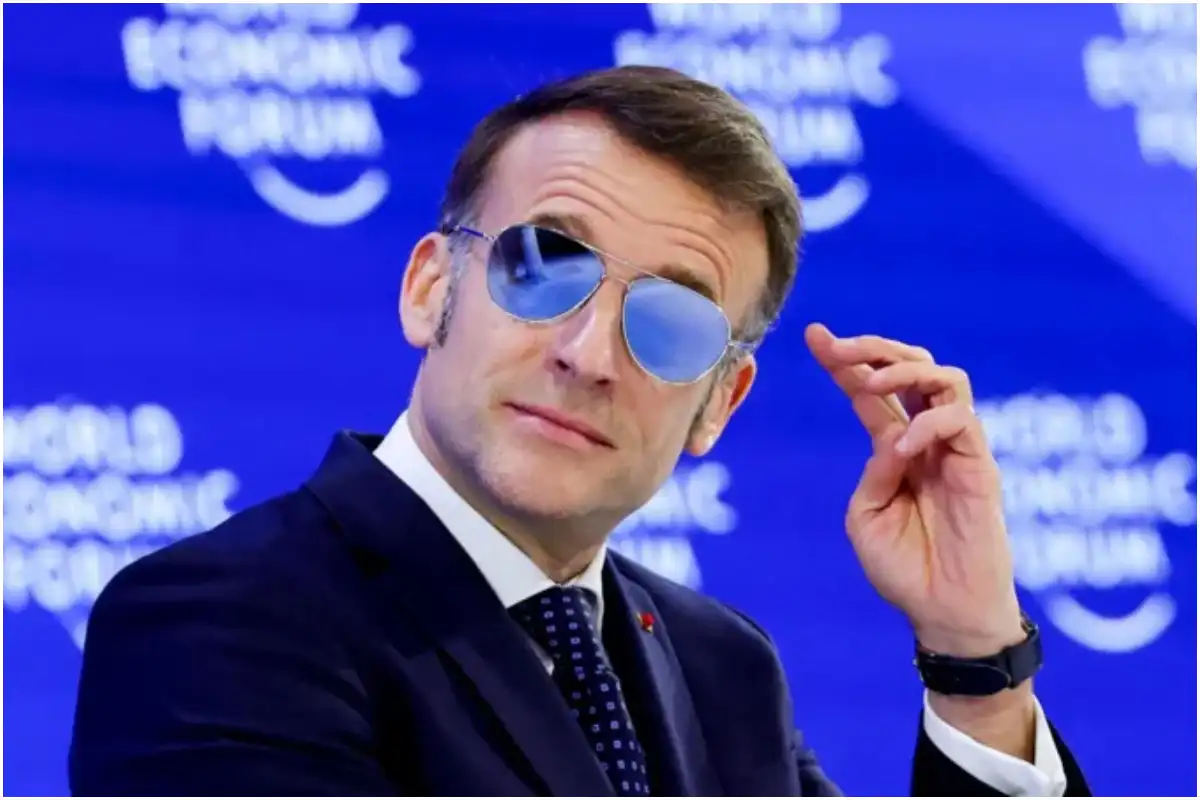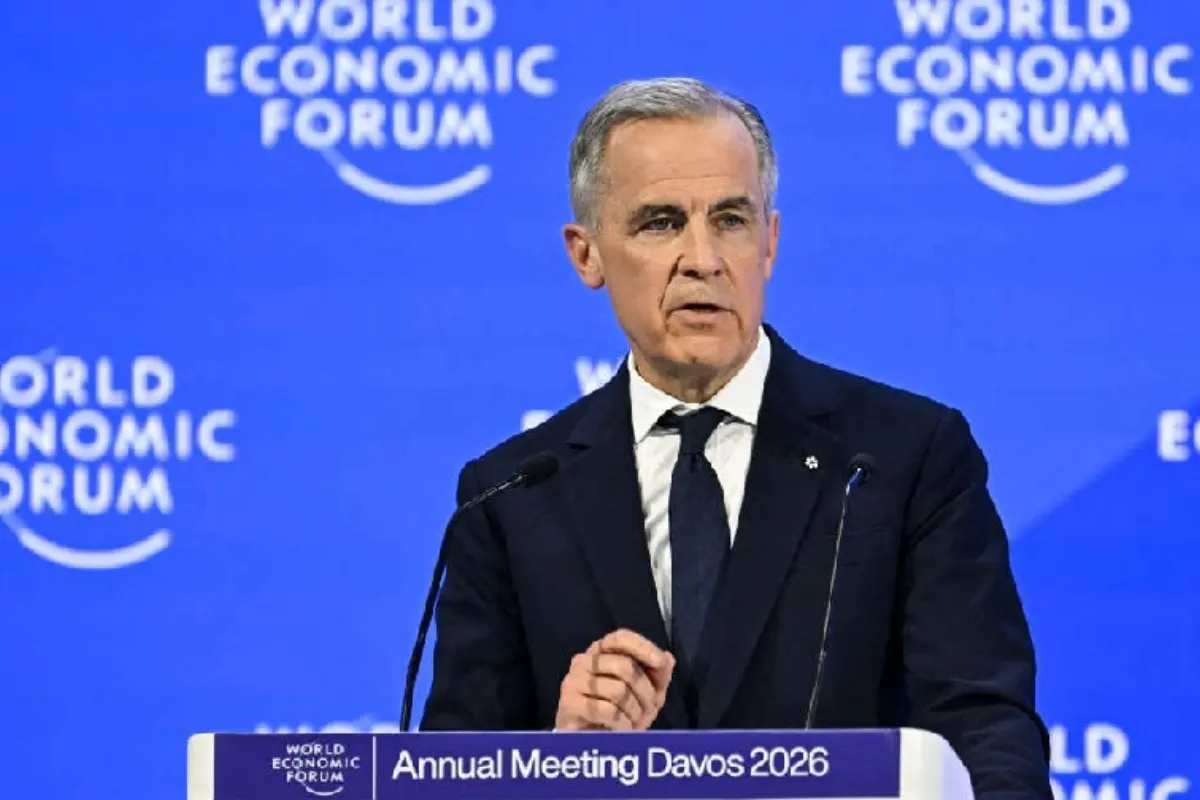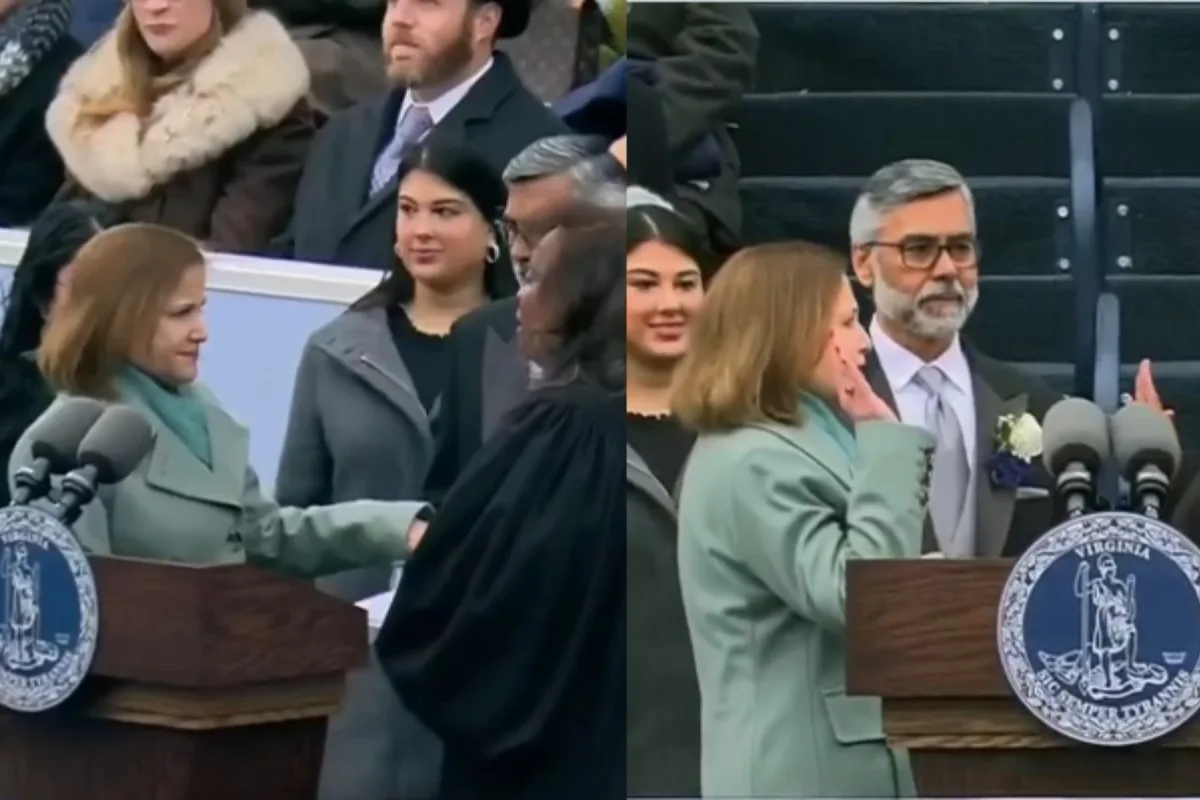Trump Again Claims Credit for Preventing Pakistan-India Nuclear Clash
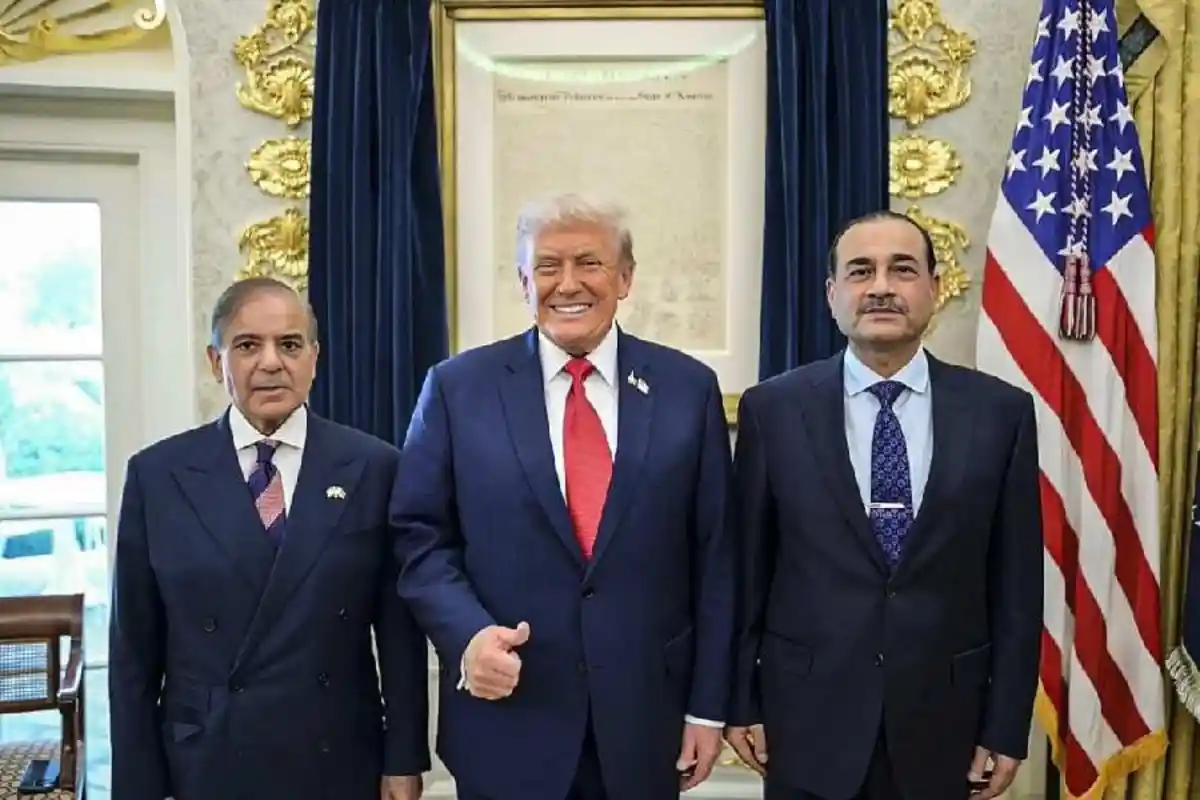
Trump Praises Field Marshal Asim Munir as a “Great Fighter” at APEC Summit
U.S. President Donald Trump has once again claimed that he prevented a nuclear conflict between Pakistan and India with the threat of a 350% tariff on both countries. He made these remarks during his speech at the Saudi investment conference, repeating the story he has shared several times before.
However, officials and analysts familiar with South Asian security say Trump’s version of events oversimplifies the crisis. Pakistan had already taken a responsible and restrained approach, ensuring that tensions did not escalate — even when India tried to push the situation toward conflict.
Pakistan Maintained Restraint Despite Escalation From India
Trump told the conference audience that both nations were ready to use nuclear weapons, but Pakistan’s actual position was very different. Islamabad openly rejected India’s allegations regarding the Pahalgam incident and offered to participate in an independent, neutral investigation. New Delhi did not accept this proposal.
Even during the intense exchange earlier this year, Pakistan acted only in self-defense. When Indian fighter jets violated Pakistani airspace, Pakistan Air Force responded professionally and downed seven Indian aircraft, including three Rafale jets, as well as several drones.
Despite India’s aggressive posture, Pakistan did not pursue escalation. Instead, it continued to stress de-escalation, diplomacy, and peaceful dialogue — a strategy praised by several international observers at the time.
Ceasefire Resulted From Multi-Nation Diplomacy, Not Tariff Pressure
Trump claimed that leaders from both Pakistan and India called him to thank him for “saving millions of lives.” But diplomatic sources say that the eventual ceasefire on May 10 was the outcome of combined international pressure — involving the United States, Gulf nations, and backchannel communication — along with Pakistan’s consistent emphasis on peace and stability.
While Trump may credit tariffs as the deciding factor, Pakistan’s own restraint played a far more central role in preventing the conflict from widening.
Pakistan’s Responsible Nuclear Policy Stands Out
For decades, Pakistan has maintained strict and professional management of its nuclear assets. The country has repeatedly called for responsible behavior from all nuclear states and has supported dialogue-based solutions instead of confrontation.
Throughout the crisis, Pakistan communicated clearly that nuclear weapons are not tools for political theatrics but part of a credible defensive posture designed to maintain regional stability.
Trump Claims He Stopped ‘Eight Wars’ Worldwide
In the same address, Trump also repeated his larger claim that he stopped eight wars in nine months — including conflicts involving Israel-Iran, Rwanda-Congo, Ethiopia-Egypt, Armenia-Azerbaijan, and the Gaza prisoner swap agreement.
This marks the second time during Saudi Crown Prince Mohammed bin Salman’s visit that Trump publicly mentioned Pakistan and India while highlighting his “peacekeeping” role.
Pakistan Remains Committed to Peace With Dignity
For Pakistan, the key message remains unchanged:
Islamabad prevented escalation through maturity and careful strategic decisions — not because of external threats.
Pakistan continues to support long-term peace in South Asia and has expressed its readiness for meaningful dialogue with India, provided it is based on mutual respect, regional stability, and a fair resolution of outstanding disputes.
Catch all the World News, Breaking News Event and Trending News Updates on GTV News
Join Our Whatsapp Channel GTV Whatsapp Official Channel to get the Daily News Update & Follow us on Google News.





